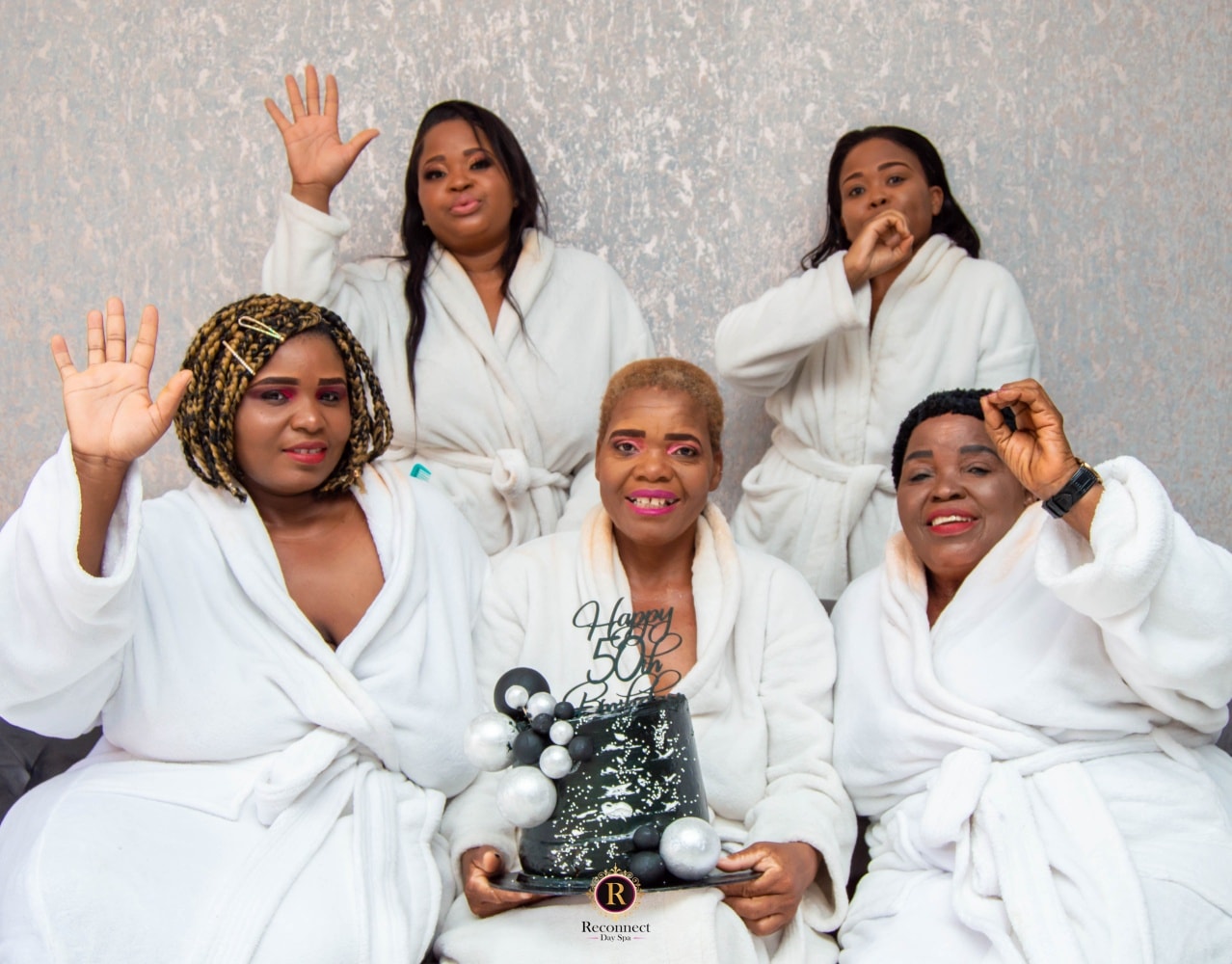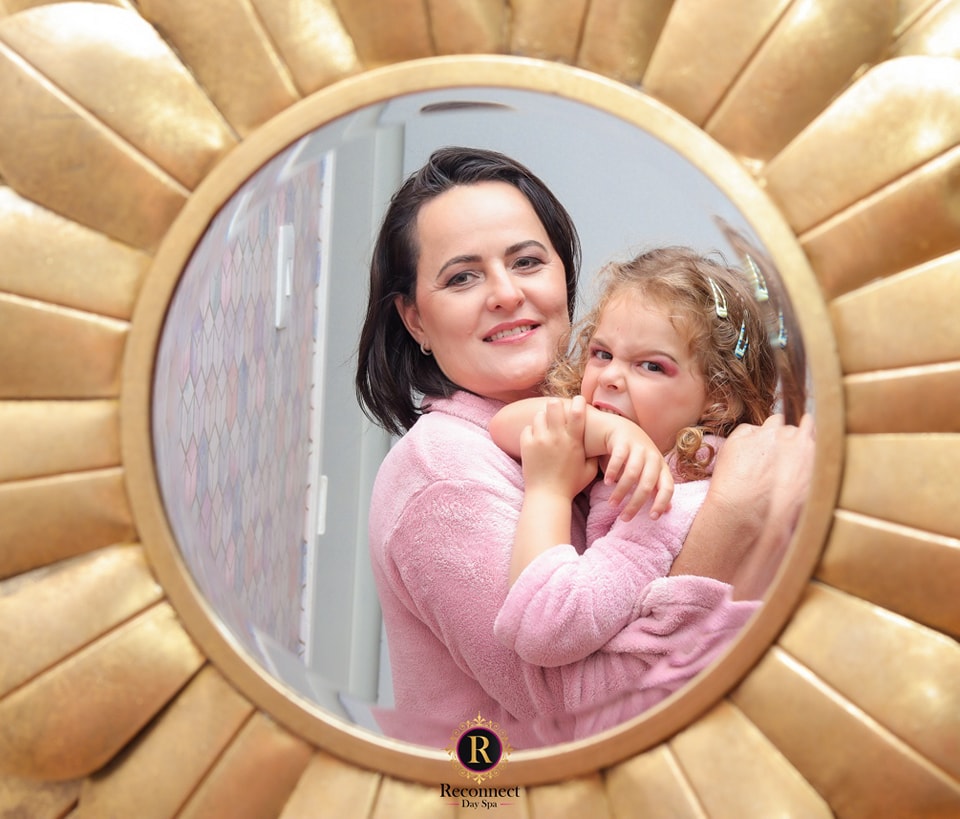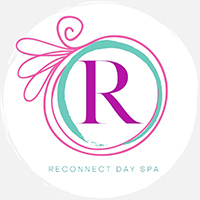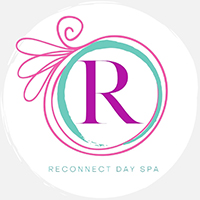Introduction to how to start a spa business in south africa
We will discuss how to start a spa business in south Africa. If you’re interested in starting a business that promotes wellness and relaxation, a spa business may be the perfect fit for you. A spa business is a place where people can go to receive various services, such as massages, facials, and body treatments, that are intended to help them feel rejuvenated and refreshed. Starting a spa business in South Africa can be a great way to tap into the growing demand for wellness services in the country.
Operating a spa business in South Africa requires obtaining the necessary licenses to ensure compliance with industry regulations and legal requirements.
In this blog post, we’ll explore the steps of how to start a spa business in south africa
Conducting Market Research
Market research is the process of gathering and analyzing information about your potential customers, industry trends, and competitors. This information helps you make informed decisions about your spa business and develop strategies that will set you apart from your competitors.
To identify your target market, you need to understand the demographics, interests, and needs of the people who are most likely to use your spa services. You can conduct surveys, focus groups, or analyze online reviews and social media to gather this information.
Analyzing your competitors can also help you identify gaps in the market and determine how to position your spa business for success. By studying their pricing, services, marketing strategies, and customer reviews, you can gain insights into what is working and what isn’t in the industry.
Understanding consumer demand and trends is essential for developing a spa business that meets the evolving needs of your customers. You can gather information on emerging trends and consumer behavior by conducting online research, attending industry events and trade shows, and analyzing market reports.
Evaluating the feasibility of your spa business idea involves assessing the demand for your services, estimating your start-up and ongoing costs, and projecting your revenue and profitability. This information helps you determine whether your business idea is financially viable and set realistic goals for your spa business.
Developing a Business Plan
Developing a comprehensive business idea is essential for setting goals and objectives and creating a roadmap for success.
Key elements of a spa business strategy include market analysis, service offerings, pricing strategy, marketing plan, financial projections, and budgeting.
Your business strategy should also include a clear management structure and a description of your team’s qualifications and roles.
Setting realistic financial projections and creating a budget will help you understand your business’s financial needs and ensure that you have the necessary resources to sustain your operations.
Having a well-thought-out business idea can also make it easier to secure funding from investors or financial institutions.
Registering Your Business
When starting a spa business in South Africa, it is important to register your business with the appropriate authorities to ensure compliance with industry regulations and legal requirements. Choosing a suitable business structure, such as a sole proprietorship, partnership, or company, is the first step in the registration process.
Registering with the Companies and Intellectual Property Commission (CIPC) is also necessary to obtain a business registration number and register your business name. Additionally, depending on the services you offer, you may need to apply for permits and licenses from relevant authorities, such as health and safety or environmental agencies.
By registering your business, you establish credibility with potential customers, suppliers, and investors. This can also protect your personal assets and limit your personal liability in case of legal issues.
Furthermore, it allows you to access funding opportunities, such as loans and grants, that are only available to registered businesses.
Finding a Suitable Location
When choosing a location for your spa business in South Africa, it’s important to consider various factors that can affect its success. The location should be easily accessible to potential customers and highly visible to attract foot traffic. Additionally, it should have ample parking space for convenience.
Negotiating favorable lease agreements is crucial to minimize overhead costs, and creating a welcoming and relaxing physical space can enhance the overall customer experience.
The ambiance and decor of the spa should align with the target market and create a tranquil atmosphere. Additionally, the spa’s location should be in a safe and secure environment to ensure customer safety and satisfaction.
Purchasing Equipment and Supplies
Starting costs for a spa business in South Africa can vary depending on several factors, including the size and location of the business, the services which are offered, and the equipment and supplies needed.
To provide high-quality spa services, purchasing quality equipment and supplies is a must. Some essential equipment for a spa business includes massage tables, steam rooms, hot tubs, and other spa equipment.
Finding reputable suppliers is crucial in ensuring that the equipment and supplies are of high quality and meet industry standards. It is also essential to budget for the cost of equipment, maintenance, and replacement to avoid unexpected expenses that could affect profitability.
Investing in the right equipment and supplies can improve customer satisfaction, increase productivity, and save costs in the long run.
Hiring Qualified Staff
Hiring qualified and experienced staff is vital to providing excellent services to customers and creating a welcoming atmosphere in your spa business. Before hiring staff, you need to determine your spa’s staffing needs, including the number of employees and their roles and responsibilities.
Recruiting and selecting employees can involve a range of methods, such as job postings, referrals, and interviewing candidates. It’s crucial to evaluate potential employees’ qualifications, including their education, experience, and skills, as well as their personality and attitude toward customer service.
Providing training and development opportunities can help your employees acquire the necessary skills and knowledge to excel in their roles and improve customer satisfaction. Offering continuing education and professional development opportunities can also help retain qualified and motivated staff.
By investing in your employees, you can create a positive workplace culture that fosters employee loyalty and contributes to the long-term success of your spa business.
Developing a Marketing Strategy
Defining your spa’s brand and messaging, identifying marketing channels and tactics, and measuring the success of your marketing efforts can help you attract new customers and retain existing ones.
Creating a positive online presence, offering loyalty programs, and partnering with local businesses can help increase brand awareness and customer engagement.
In addition to the above strategies, organizing events or promotions, creating visually appealing marketing materials, and leveraging social media platforms can also be effective ways to promote your spa business and reach your target market. It’s important to continually evaluate and adjust your plan of marketing based on consumer feedback and market trends to ensure the success of your business.
Digital marketing is a crucial element in promoting your spa business and creating brand awareness. By using social media platforms, email marketing, search engine optimization (SEO), and online advertising, you can reach potential customers and provide them with information about your services and promotions.
In addition, creating a great user experience both online and in-person can help build customer loyalty and drive referrals. This includes having a user-friendly website with clear and concise information, offering an easy booking and payment options, and providing exceptional customer service throughout their visit.
Determining appropriate operating hours for a day spa involves considering factors such as customer demand, staffing availability, and local competition, and finding a balance between meeting customer needs and maximizing operational efficiency.
Understanding the Profitability of a Spa Business
Factors that affect profitability in the South African spa market include competition, location, service offerings, pricing, and customer satisfaction.
Strategies for increasing revenue and reducing costs, such as upselling and cross-selling services, streamlining operations, and monitoring expenses, can help improve profitability.
Additionally, regularly monitoring key performance indicators (KPIs) such as average revenue per customer, customer retention rate, and cost per treatment can provide valuable insights into the financial health of your business and help you make informed decisions to improve profitability. Understanding your spa’s profitability and making data-driven decisions can help you stay competitive and sustain long-term growth in the South African market.
Implementing an online booking system can greatly benefit a day spa or beauty salon business. It allows customers to conveniently schedule appointments at any time, and it can also help reduce administrative work for the staff.
For hair removal services, it’s important to have knowledgeable and experienced staff who use safe and effective methods. Marketing these services can involve targeting specific demographics and offering promotions to attract new customers or target customers. A massage therapist opening a day spa as a small business can offer a variety of massage therapy services to clients.
Can I open a beauty salon with no qualifications?
In South Africa, there are no specific qualifications required to open a salon. However, it is highly recommended that you have a background or training in the beauty industry to ensure that you can provide quality services to your clients.

Additionally, having relevant qualifications may also help you to obtain the necessary licenses and permits for your salon.
What qualifications do you need to open a beauty salon?
While there are no specific qualifications required to open a salon of beauty in South Africa, it is recommended that you have relevant qualifications in the beauty industry. These may include certificates or diplomas in beauty therapy, hairdressing, or other related fields.

Having qualifications can help you to provide quality services to your clients, attract and retain skilled staff, and potentially obtain necessary licenses and permits for your salon.
Legal requirements for a beauty salon in South Africa
To operate a salon of beauty in South Africa, you must comply with certain legal requirements. These may include registering your business with the Companies and Intellectual Property Commission (CIPC), obtaining a health and safety compliance certificate, and complying with local by-laws and regulations.
You may also need to obtain permits and licenses, such as a business license, trading license, or health and safety permit, depending on the nature of your salon and the services that are offered.
Salon license South Africa
To operate a salon in South Africa, you may need to obtain certain licenses and permits, such as a business license, trading license, or health and safety permit. The specific licenses required may vary depending on the nature of your salon and the services that are offered.
For example, if you offer beauty treatments that involve the use of chemicals, you may need to obtain a chemical license. It is important to research and complies with all relevant licensing and permit requirements to ensure that your salon operates legally and safely.
How much does it cost to open a spa in South Africa?
The cost of opening a spa in South Africa can vary greatly depending on factors such as location, size, equipment, and staff. Generally, it can cost anywhere from R500,000 to R2 million or more to open a spa, including start-up costs such as rent, equipment, supplies, and licensing fees.

Hair salon requirements for opening
To open a salon in South Africa, you must meet certain legal requirements, such as registering your business, obtaining necessary permits and licenses, and complying with health and safety regulations. You may also need to have a professional cosmetology license or hire licensed cosmetologists to provide hair services.

How much does it cost to open a hair salon in South Africa?
The cost of opening a salon in South Africa can vary depending on the size and location of the salon, as well as the equipment and services offered. On average, it can cost between R50,000 and R500,000 to start a salon, including costs such as rent, equipment, supplies, and licensing fees. However, larger or more luxurious salons can cost significantly more.
how to start a spa business in south africa quick overview
To start a successful spa business in South Africa, you need to follow key steps, such as conducting market research, developing a business strategy, registering your business, and hiring qualified staff.
here are some additional steps to consider when starting a spa business in South Africa:
Develop a unique selling proposition (USP) for your spa business that sets it apart from competitors.
Create a website for your spa business that showcases your services, pricing, and location.
Set up social media accounts for your spa business to connect with potential customers and share updates about your business.
Consider offering gift cards or packages to encourage repeat business and referrals.
Develop relationships with local businesses and organizations to increase your spa’s visibility and build your customer base.
Invest in ongoing staff training and development to ensure that your team can deliver high-quality services that meet the needs of your customers.
Continuously monitor and adjust your spa business strategy to stay competitive and meet the changing needs of your customers and the industry.
Conclusion
In conclusion, the spa industry in South Africa presents a lucrative opportunity for entrepreneurs interested in the wellness and relaxation sector.
Conducting thorough market research, developing a comprehensive plan for the business, registering your business, finding a suitable location, purchasing equipment and supplies, hiring qualified staff, developing a plan for marketing, and understanding the factors that affect profitability are all essential steps in starting and running a successful spa business.
By implementing these steps, you can build a competitive and profitable spa business that caters to the needs of your target market and positions you for long-term success. Remember to continuously monitor your performance and make adjustments to your strategy to stay ahead of the competition and maintain profitability. With dedication, hard work, and a commitment to excellence, you can achieve your dream of owning a successful spa business in South Africa.
Read More Related


No Comments